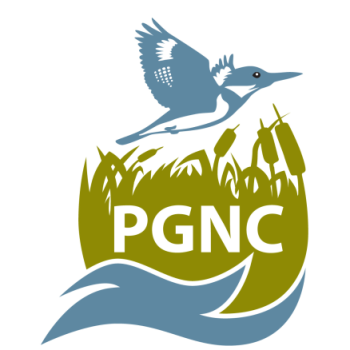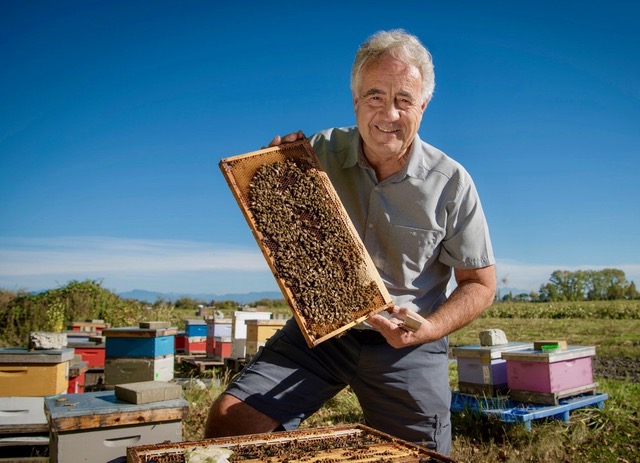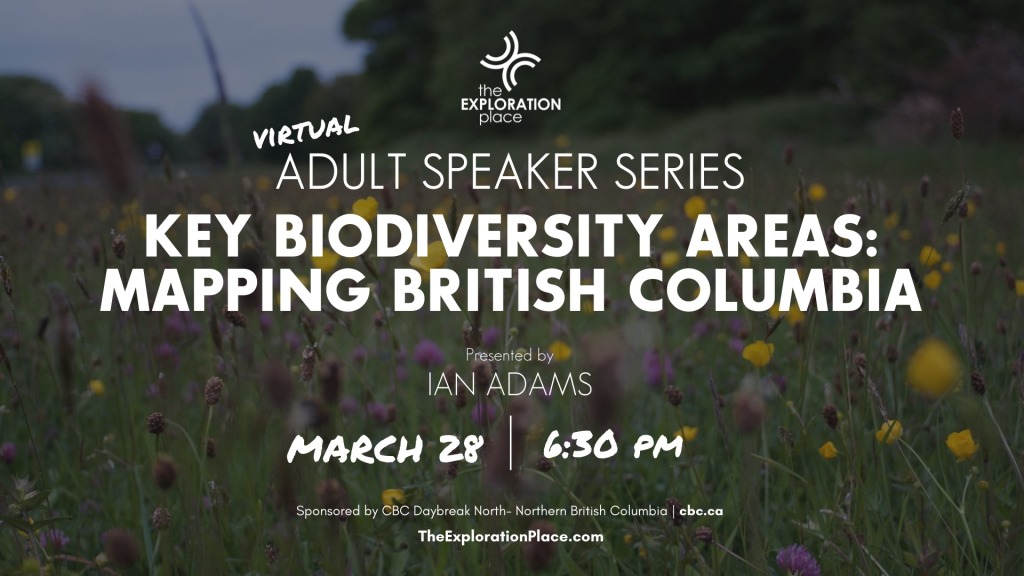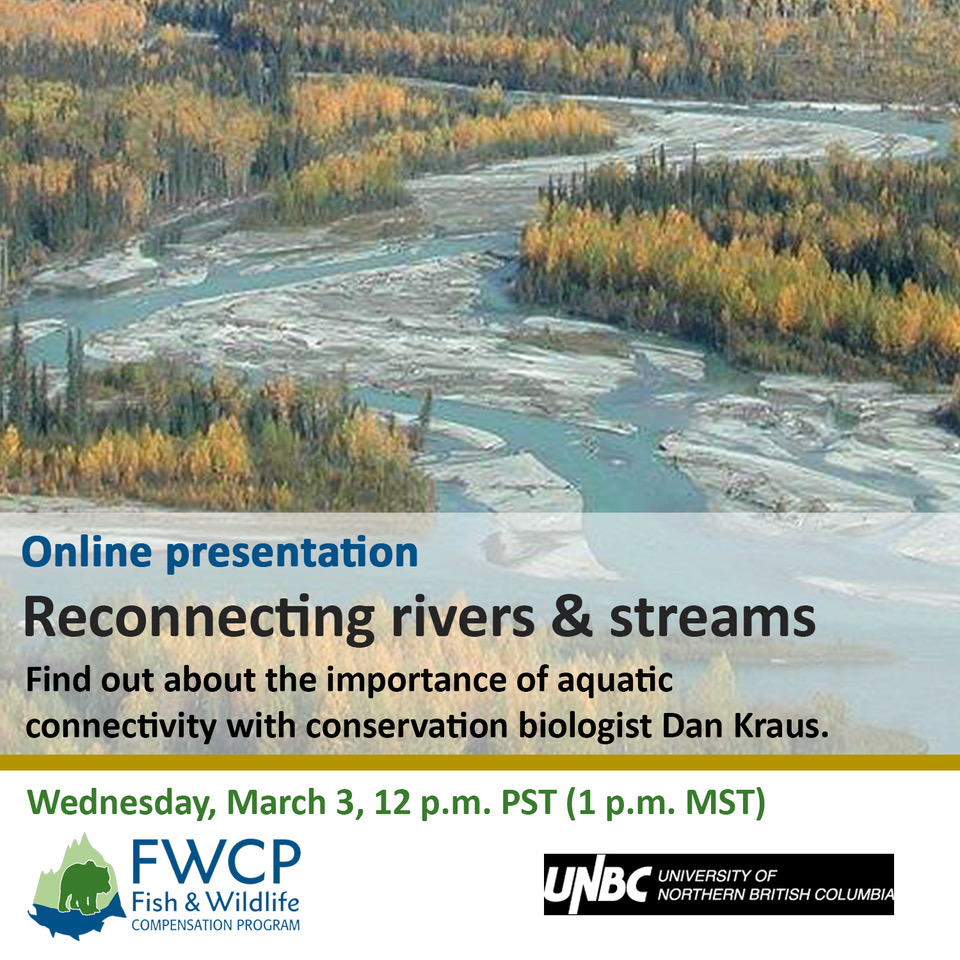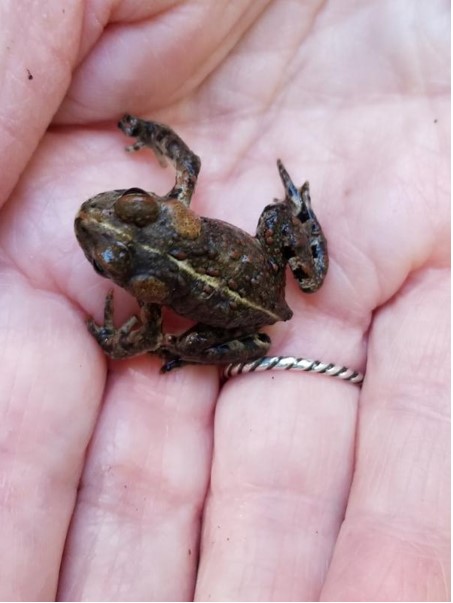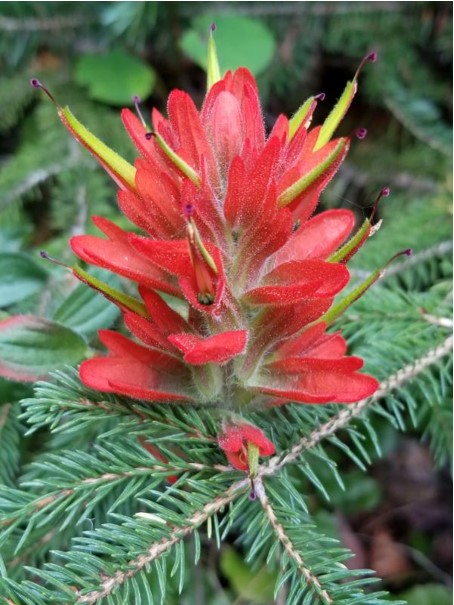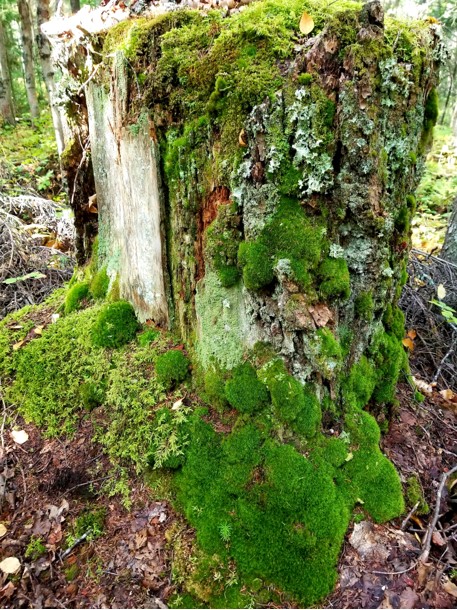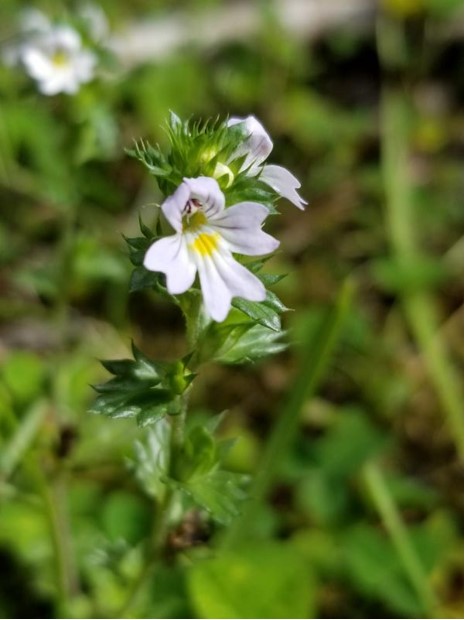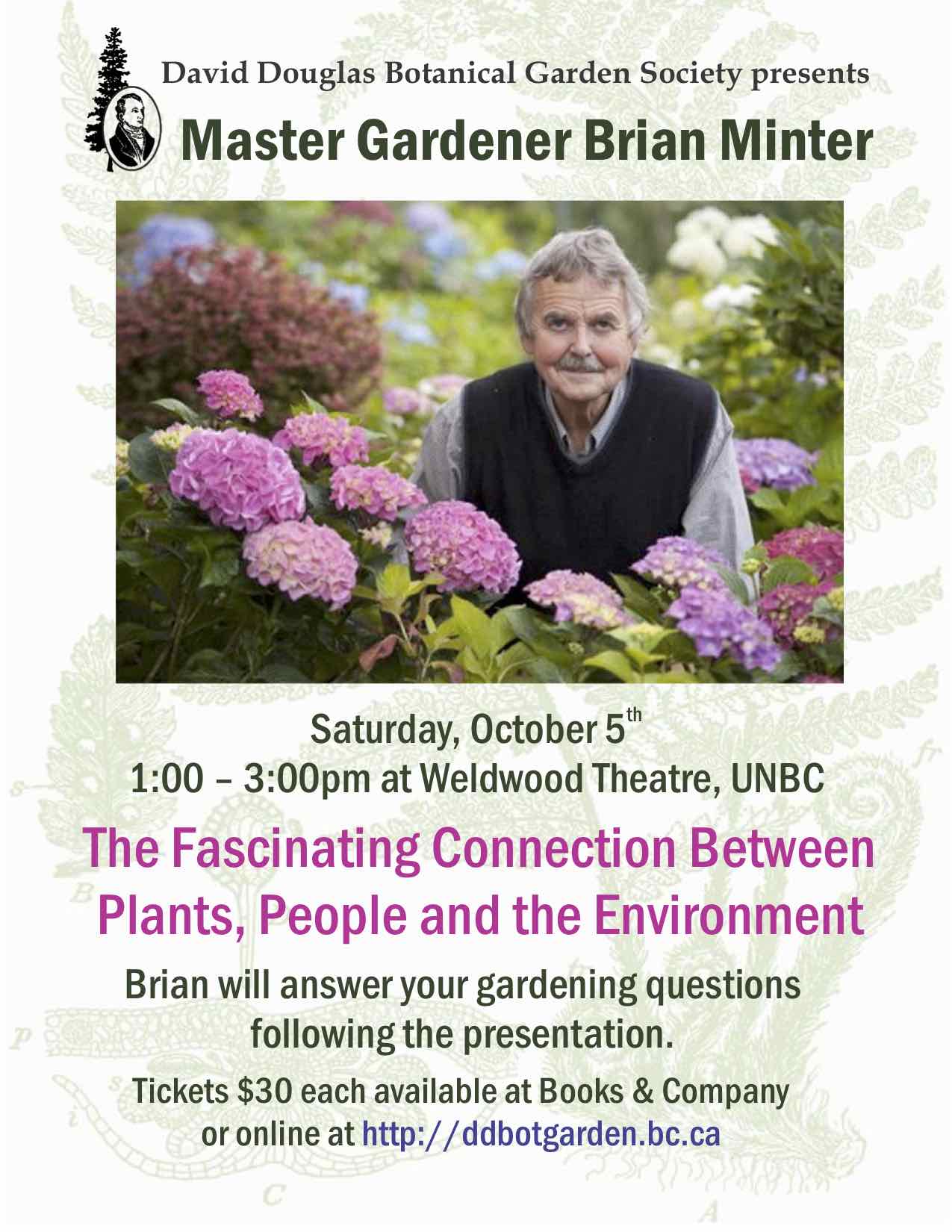- Saturday October 29, 8:30 am. Caribou Viewing Field Trip, 8:30 a.m.
- Wednesday November 9, 7 p.m., Executive Meeting on Zoom
- Memberships: New and Renewals
- PGNC Director Profile: Lauren Elviss
- Are You Experienced in Website Design? The PGNC Needs You!
- Friday October 28, 3:30 p.m., UNBC Room 7-212, NRES Institute Colloquium: Indigenous Elders Teachings: Working across disciplines and sectors for the well-being of future generations
- UNBC student chapter of The Wildlife Society Annual Photography Contest Deadline: November 10
- Meteor Lake Wetland-Bog
Club News and Events
Saturday October 29, 8:30 am. Caribou Viewing Field Trip, 8:30 a.m.
Reminder: Our Caribou Viewing (Members Only) field trip is coming up this Saturday! There are only 5 spots left so if you haven’t emailed us yet and you would like to come, we recommend getting on that ASAP.
We will meet at Spruceland Mall under the Spruceland Shopping Centre sign near the bus stop for waiver signing and carpooling on October 29, 8:30 a.m. Please bring $10 to give to your driver. For more information contact us on Facebook or Instagram @PGNaturalists or email us at princegeorgenaturalistsclub@gmail.com.
Please note: We have to cap the Caribou Viewing field trip at 25. It will be on a first-come, first-served basis so please email us at princegeorgenaturalistsclub@gmail.com if you would like to come. Please note, there will be carpooling on this trip. This trip will be at least 6-8 hrs in length and we will be traveling northwest of Prince George (about 165 km.) Please bring a snack if you feel you need one and dress appropriately for the weather. We hope you can join us! If you are interested in membership please find information here: https://pgnc.wordpress.com/membership.

Wednesday November 9, 7 p.m. Executive Meeting on Zoom
The next Executive meeting is set for Wednesday November 9 at 7 p.m. on Zoom. Current PGNC members are welcome to attend Executive meetings. If you would like to attend, send an email to the Club President at princegeorgenaturalistsclub@gmail.com to obtain the Zoom link.
PGNC Memberships: New and Renewals
Thank you to everyone who is joining the PGNC or renewing memberships. Your membership supports the Naturalists Club and BC Nature, our parent organization, in all their good work.
E-Transfer is available by sending to PrinceGeorgeNaturalistsClub@gmail.com and it goes directly into the Club’s bank account. No secret word is needed. Payments by cheque can be mailed to Prince George Naturalists Club, PO Box 1092, Prince George BC V2L 4V2.
Memberships run from January 1 to December 31. Cost is $25 per calendar year for individuals, $40 for a family, and $15 for students. Benefits of membership: Subscription to BC Nature magazine, liability insurance coverage for Club work parties and field trips, and access to popular events limited to Club members only.
“To be a naturalist is to be joyful, inquisitive, and at home on the world. To be home is to treat every life form as a family member”: Marina Richie.
PGNC Director Profile: Lauren Elviss
Lauren is currently a master’s student at UNBC, and her research focuses on the experimental feeding program for the endangered Kennedy Siding herd in central British Columbia. Lauren’s research examines physiological bioindicators in hair and feces to investigate whether supplemental feeding increases the number of females that breed each year or whether feeding increases the survival of calves. Lauren is an avid hiker and wildlife photographer and can often be found in the woods with her camera. In her free time, she enjoys embroidery, baking, and cuddling her cat.

Are You Experienced in Website Design? The PGNC Needs You!
We are looking for someone who has web design experience to help us with plans to redesign the website. If this is you or someone you know, please email us at princegeorgenaturalistsclub@gmail.com.
Other Events and News
Friday October 28, 3:30 p.m., UNBC Room 7-212, NRES Institute Colloquium: Indigenous Elders Teachings: Working across disciplines and sectors for the well-being of future generations
Presenter is Dr. Darlene Sanderson, Associate Professor Health Sciences: “In this presentation I will discuss the values and principles learned from Indigenous Elders about water. It will relate to the intersections and connections of the disciplines of health, law, education and the environment. I will also present how we have brought together traditional knowledge and western science through our recent local research, using Indigenous research methodologies, and collaborative international work with agencies and different levels of government.”
The Natural Resources & Environmental Studies Institute (NRESi) at UNBC hosts a weekly lecture series at the Prince George campus. Anyone from the university or wider community with interest in the topic area is welcome to attend. Presentations are also made available to remote participants through Zoom Webinar. Go to http://www.unbc.ca/nres-institute/colloquium-webcasts to view the presentation remotely.

UNBC student chapter of The Wildlife Society Annual Photography Contest: Deadline is November 10.
The annual photography contest is a major fundraiser for the UNBC TWS student chapter. Photos will be accepted from October 25 to November 10. The winning photos are used in the production of the 2023 Calendar. Proceeds are shared with the wildlife shelter in Smithers. Details are outlined in the poster below. If you have any questions about the contest or how to find the TWS bulletin board on campus, send an email to tws@unbc.ca.

Meteor Lake Wetland-Bog
The Nature Trust of BC is currently raising funds to purchase four parcels of land near Meteor Lake, located between Prince George and McBride. The 235-hectare Meteor Lake Wetland – Bog connects to one of the largest wetlands in the Upper Fraser River Valley. More information on the importance of this and other wetlands to mitigate the impacts of climate change on biodiversity loss within BC, is available here: https://www.naturetrust.bc.ca/our-projects/meteor-lake-wetland-bog-priority-project. PGNC members and supporters understand the significance of wetlands. The Club spent many years raising funds and building observation decks at the Hudson’s Bay Wetland in downtown Prince George.
